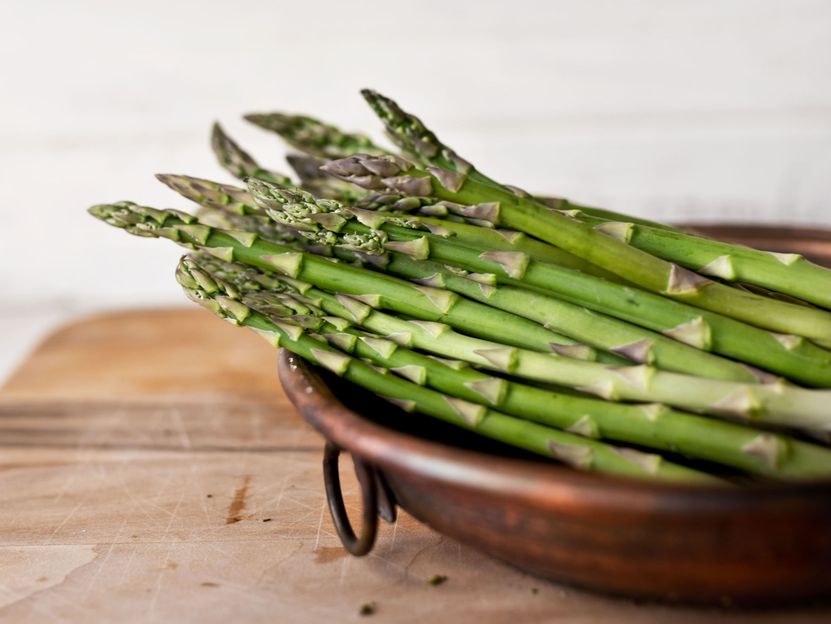Asparagus extract, baobab fruit, maqui berry
Functional ingredients with trend potential
Advertisement
With the official start of spring, the Germans are again beginning to prepare for the warmer days. Not only the house, but also your own health is brought back to normal after the dark and heavy winter season - a good reason to take a closer look at functional foods or foods that promise additional health benefits. Mintel, the world's leading market intelligence agency, has analyzed which functional foods you will find on your plate in 2019.

Photo by Stephanie Studer on Unsplash
Maqui Berry
Maqui berries have been part of Patagonia's traditional medicine for centuries and are valued for their antioxidant properties. They are supposed to contribute to the health of the eyes and also help to lower the blood sugar level. Another plus: mixed into breakfast cereals or cakes, you give the food a nice violet spot of colour.
Ophélie Buchet, Global Food & Drink Analyst at Mintel, explains: "Maqui berries are rich in flavonoids, certain plant active ingredients that are said to have a special antioxidant effect. For this reason, the berry has been appreciated by indigenous groups in Chile as an anti-aging agent since ancient times. Thanks to the anthocyanins it also contains, the berry is violet, which gives dishes and pastries a beautiful colour - especially in times of social media this is an additional bonus to the health aspects."
Asparagus extract
Research projects at several Japanese universities have attributed asparagus extract, which is extracted mainly from the lower part of the stem, a positive influence on stress reduction, brain health and improved sleep. According to a Mintel study, 17 percent of 16-24 year olds in Germany consume functional foods, of which 23 percent do so to reduce stress and relax. Asparagus extract therefore has potential as an ingredient in the category of anti-stress and night products such as teas.
"Asparagus extract still forms a niche in the category of functional foods and beverages, but we see great potential in its stress-reducing effect promise. Stress in everyday life and at work, as well as the constant availability of smartphones and social media, are reasons why consumers today are looking for new ways to improve their mental well-being," adds Buchet.
Baobab fruit
The baobab fruit is the fruit of the baobab tree, which occurs mainly in African countries such as Botswana, Namibia, Mozambique and Zimbabwe. Once dried on the tree by the climatic conditions on site, the fruit falls from the tree by itself, whereby all nutrients are preserved. This ensures that the pulp is dry and tastes slightly acidic due to the high vitamin C content.
"As a result of increased interest in African cuisine in Europe, the Baobab fruit is becoming increasingly popular and is used more frequently in products that promise more energy and natural ingredients. Due to its high mineral and vitamin content, it is not only a vital substance bomb, but is also appreciated for its anti-aging effect - even a small portion of 10 grams covers a third of the daily requirement of vitamin C," concludes Ophélie Buchet.
After more than four years as Trend & Innovations Consultant, Ophélie Buchet has been part of Mintel's Global Food & Drink team since 2018. In her role as Global Food and Drink Analyst, she is responsible for creating strategic insights and customized presentations for Mintel's international clients.
Note: This article has been translated using a computer system without human intervention. LUMITOS offers these automatic translations to present a wider range of current news. Since this article has been translated with automatic translation, it is possible that it contains errors in vocabulary, syntax or grammar. The original article in German can be found here.
























































